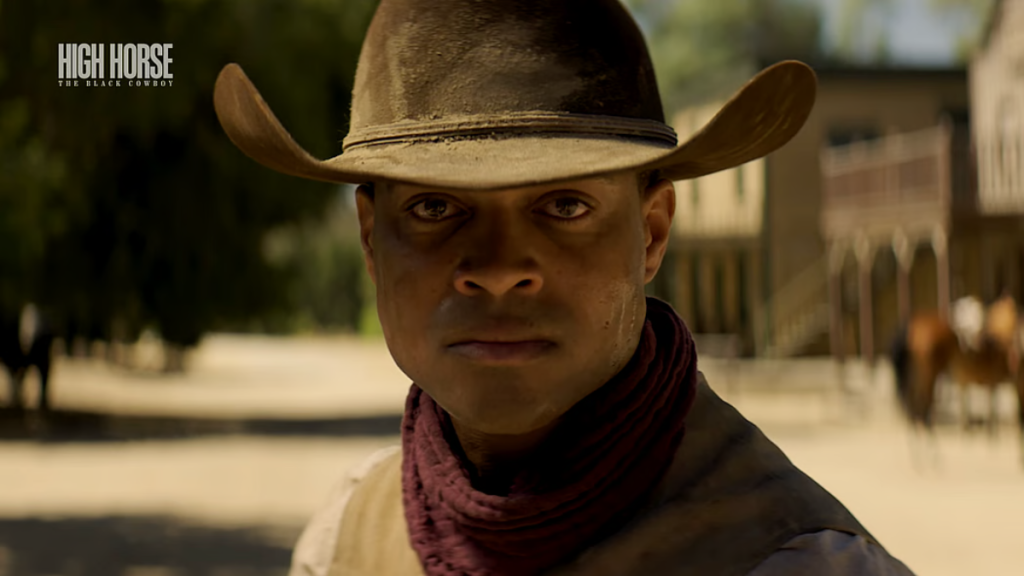Jordan Peele has built a career on bringing hidden histories and overlooked cultural narratives to the forefront. Now, he’s turning his lens to a chapter of American history that has long existed in plain sight yet remained largely untold.
High Horse: The Black Cowboy, a three-part documentary series from Peele’s Monkeypaw Productions and Universal Television Alternative Studio, premieres November 20 on Peacock.
The project explores the rich legacy of Black cowboys and cowgirls, the people who helped shape the American West but rarely appear in the history books, film portrayals, or mainstream country mythology.
The docuseries arrives during a national cultural reclamation of country and Western identity. Beyoncé’s 2025 Grammy win for Best Country Album marked a historic milestone.
Breakout artist Shaboozey shattered Billboard records with A Bar Song (Tipsy). Gospel-infused country groups like Chapel Hart and The BoykinZ found mainstream momentum. And Tracy Chapman’s Fast Car was reborn for a new generation, sparked by Luke Combs’ chart-topping cover.
High Horse joins that conversation not as a trend response, but as a reminder.
“Their history is inseparable from the story of our country,” Peele said. “This project aims to honor and celebrate their lasting legacy.”
The trailer opens with a line that sets the tone: “If there were no Black cowboys, America would not exist.”
The series weaves archival material with present-day imagery, showing how the legacy of Black horsemanship, ranching, rodeo, trail riding, and cowboy culture continues today from Texas and Louisiana to Compton and Detroit.
Directed by Jason Perez, the series features conversations with artists, historians, and cultural figures, including Peele, Rick Ross, Pam Grier, Blanco Brown, Bun B, Lori Harvey, Glynn Turman, INK, Tina Knowles, Lynae Vanee, and The Compton Cowboys.
The original score is composed by Raphael Saadiq.
Black cowboys have always been present, driving cattle, breaking horses, holding ranches together, and shaping the myths that became American folklore. Yet, Hollywood has largely erased them.
About one in four cowboys during the late 1800s was Black. Their traditions, dialect, music, fashion, and horsemanship helped define the American West — not from the sidelines, but from its center.
High Horse arrives not only to make the record correct, but to make the record whole.




